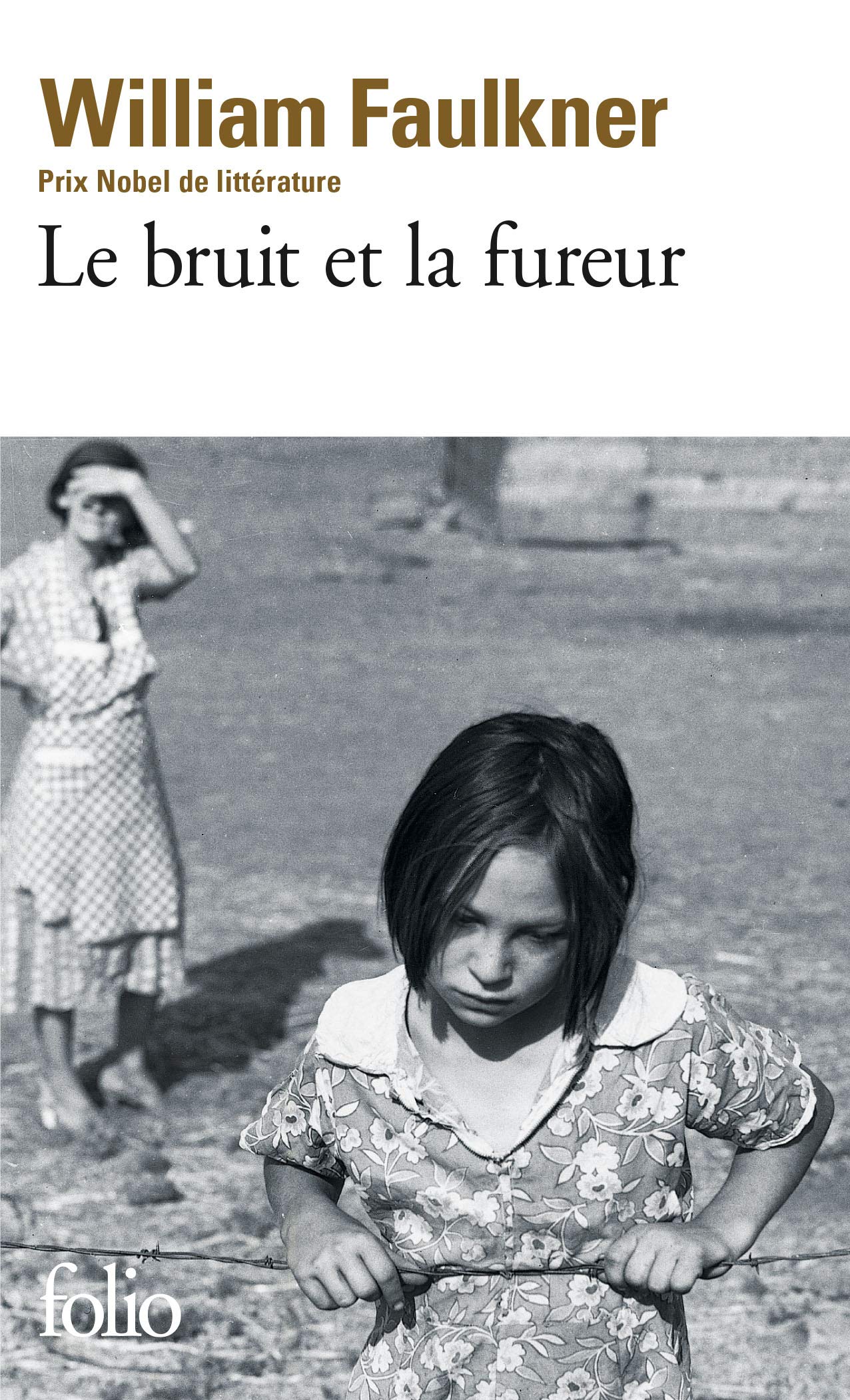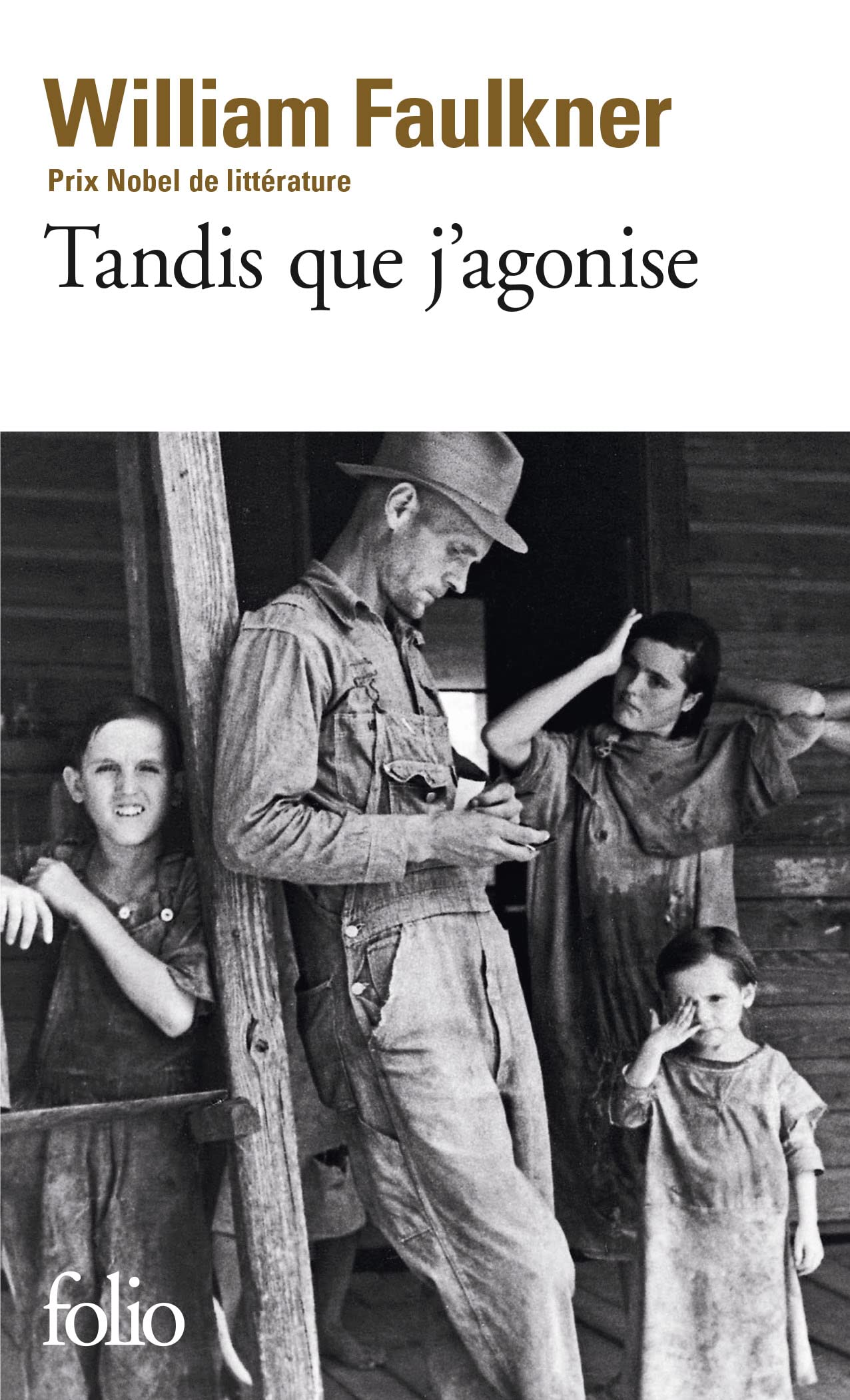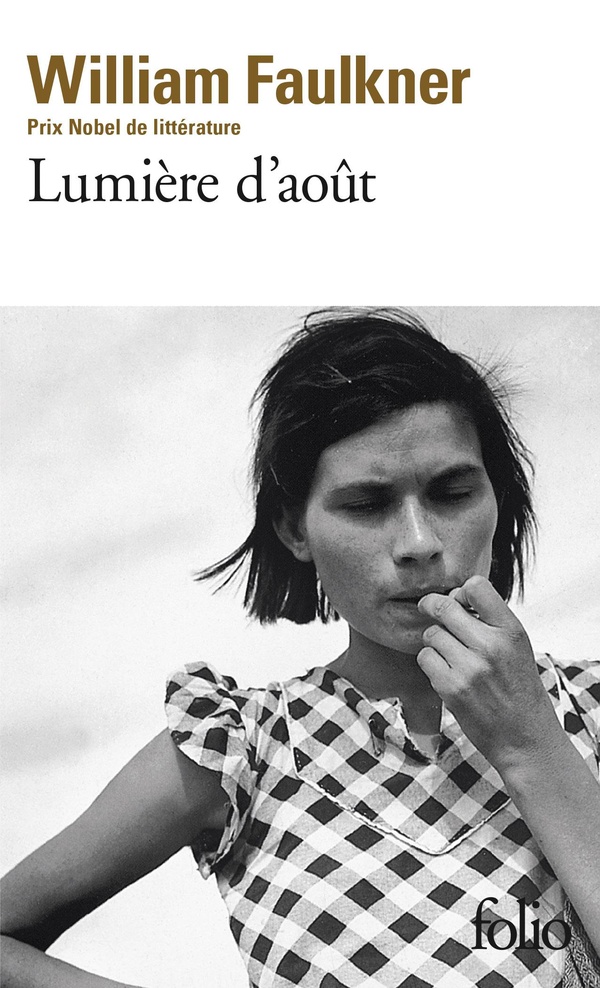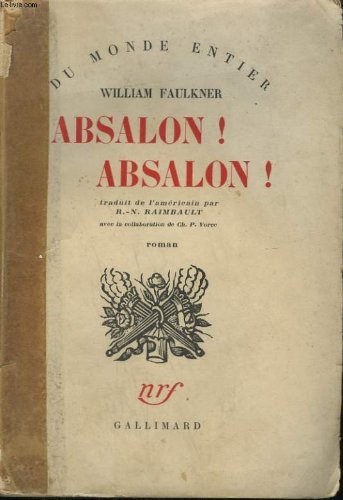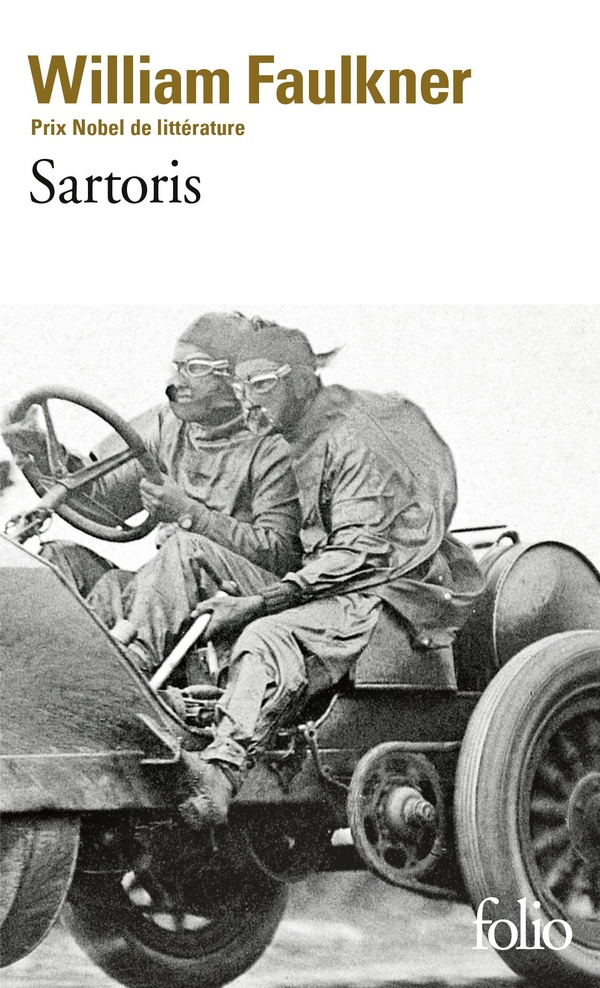
Sartoris
De William Faulkner
1977
Résumé
Pour pénétrer dans l'univers du vieux Sud qui hante l'œuvre de Faulkner, prix Nobel, la meilleure introduction est sans doute Sartoris. On y trouve le grand thème social de la décadence, après la guerre de Sécession. Dans une atmosphère lourde de cauchemars, pleine de souvenirs du passé et de mystères jamais élucidés, apparaissent les principaux personnages de la saga Faulknérienne et, au premier rang, ces Sartoris, héroïques et fanfarons, dont chacun, de mémoire de vivant, n'est mort de façon naturelle.
Avis et Commentaires
1 avis
Martiala noté ★ 5/10
20 novembre 2022
